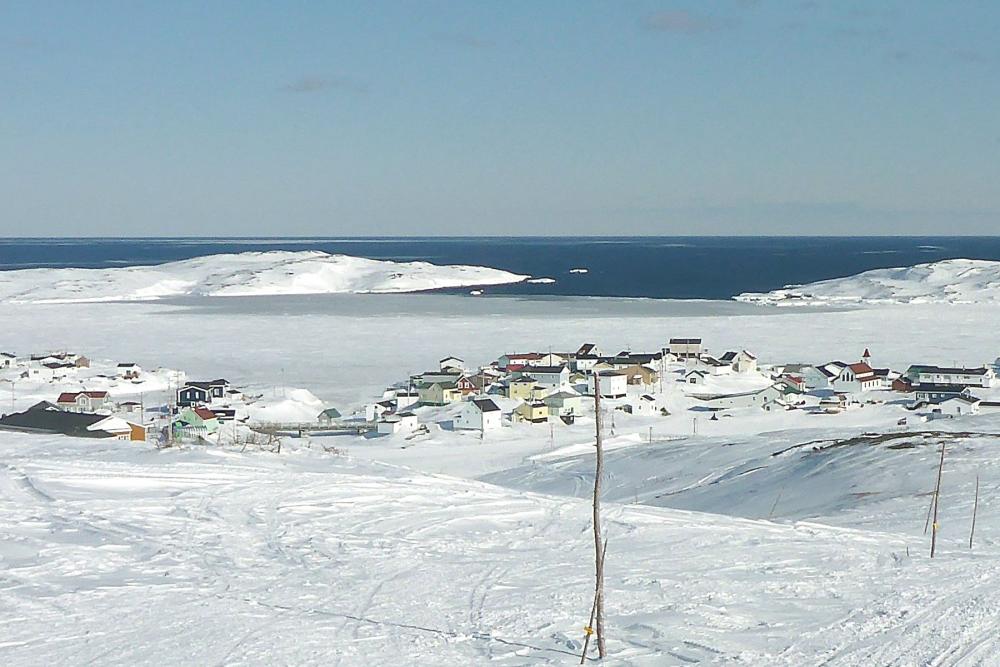
The North Shore Area Takes Steps to Help English-speaking Minorities in Quebec to Flourish
Did you know that Fisheries and Oceans Canada's North Shore area office, located in Sept-Îles, as well as the district offices in Baie-Comeau, Blanc-Sablon and Havre-Saint-Pierre, are commited to serve their clients in the language of their choice? Whether on site, in the office, or during meetings with fishers (advisory committees, industry meetings or consultations), the discussions take place in one official language or the other or both (English and French). Furthermore, all notices, news releases, correspondence, meeting minutes or administrative guidelines are written in both languages.
A number of communities on the lower North Shore are English-speaking. By interacting in both languages, Fisheries and Oceans Canada, Quebec Region, ensures that it complies with the Official Languages Act. But the Department also does much more than that. Making documentation available to all fishers in the language of their choice and serving them in French or in English helps create and maintain better relationships with them. These measures foster better understanding and make discussions between the Department and the industry much easier. Incidentally, English courses are offered to North Shore staff on a voluntary basis. Despite the fact that employees have unilingual French positions, many make significant efforts to interact with clients in the language of their choice.
The team at the North Shore area office is proud of its work. This illustrates the steps taken by Fisheries and Oceans Canada, Quebec Region, to reinforce linguistic duality in the country and to help English-speaking minorities in the province to flourish.
Andrew Rowsell
North Shore Area






